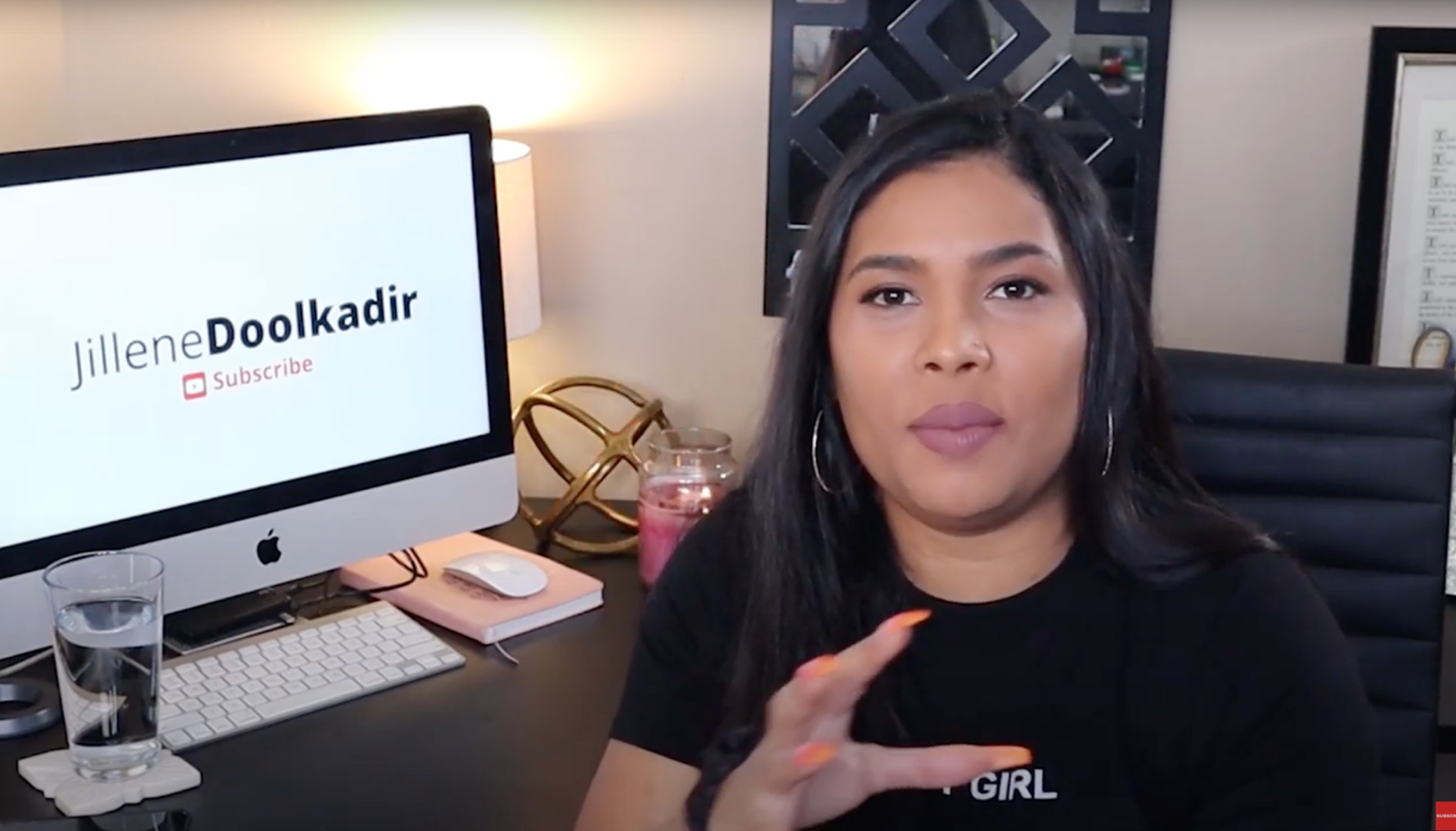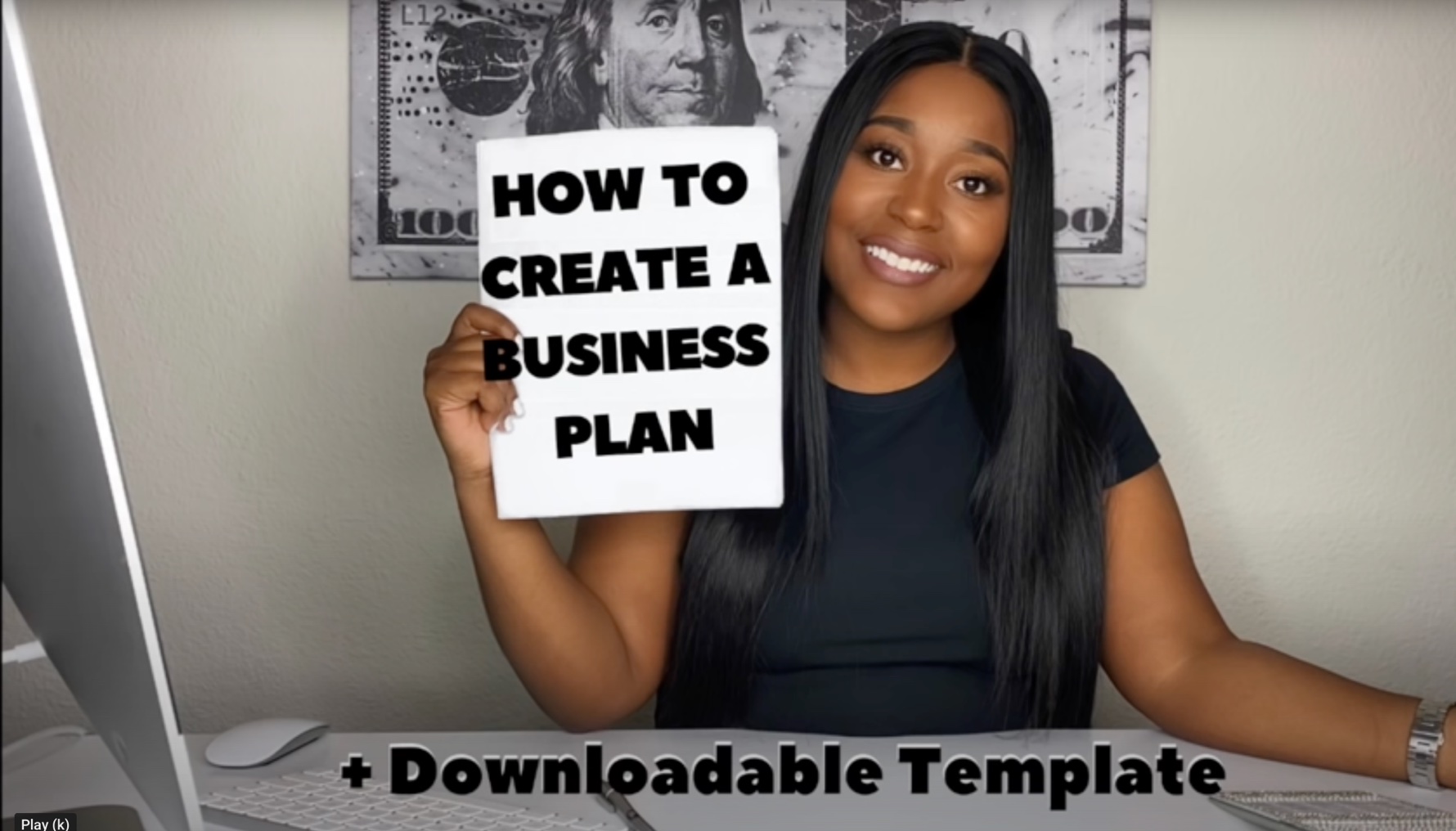This website uses cookies so that we can provide you with the best user experience possible. Cookie information is stored in your browser and performs functions such as recognising you when you return to our website and helping our team to understand which sections of the website you find most interesting and useful.
- Home
- ‹
- Tech Skills/Jobs
- ‹
- Start Your Own Business
Start Your Own Business
Starting your own business is an exciting proposition, but it’s also a challenging undertaking. Do you have an idea that you think you can turn into a business? Learn how to put that idea down on paper and how to get funding to start your business.
Creating a Business Plan
When starting out, one of the first things you should do is create a plan. A business plan is a specific tool that outlines key aspects of your business and serves as a roadmap to success. If your business plan makes good sense, you stand a good chance of creating a successful business. The business plan is good for you to organize your thoughts, but also is a document you can share with others to attract support to get things started.
Funding your business
If you do not have the money (capital) you need to fund your business yourself, you will likely need to consider borrowing the capital you need. There are a variety of ways to consider doing this, including borrowing from friends and family, borrowing from a bank, using a credit card, or taking on other investors. Investors will want something in return for their investment, usually that means that they will want to own part of your company. All of these ways come with risks, and usually involve paying back more than you borrowed.
-
How to Write a Business Plan Step by Step + Template | 9 Key Elements
Destiny Adams
RUNNING TIME: 00:13:38
Get Answers:
Business plans help you get your thoughts about your business down and organized. Going through the process of creating it will help you get a handle on all the things you need to map out to be successful, such as who your target market is, what is your financial outlook, how you will market your business, and so on.
But perhaps the most important use for a business plan is to secure funding for your business, whether that be a start-up loan from a bank, family member or friend, or if you are looking to find investors. A business plan shows lenders and investors that you have thoroughly thought out your business idea and that you would be a good risk for them to fund.
There are lots of business plan templates out there, some with about 5 sections to complete, some with many more than that. How detailed of a plan you create is up to you and depends on the type of business you’re are getting into, and what potential lenders/investors want to see before they give you money.
Business plans are meant to be read and used. So the best way to think about it is, they need to give enough detail that the reader has a clear understanding of your business and if you are a good financial risk, but not be any longer than necessary. Summaries should be quick (maybe a page or so, unless your business concept is very complex), and the other sections should be longer as they supply all the detail. Remember you won’t get extra credit for writing more, but it will be appreciated if you can get your point across quickly and clearly.
Most importantly, you. The effort of writing a business will help you gather all of your thoughts into a clear plan that, if you execute it, will more likely turn into a successful business.
But business plans have other audiences too. Lenders, like banks, or potential investors will require you to supply a business plan to them. The plan helps them understand what you plan on doing with their money and allows them to decide if it makes sense to give you their money. In short, how risky are you?
Lastly, business plans are great documents to share with others you may talk to who are helping you get your business up and running, such as a business planning expert, or someone at your local Small Business Administration Office.
There are a number of free and low-cost places that have people ready to help you with your plan. There are also lots of online apps and templates to help you structure and think through your plan. The Small Business Administration is a great in-person place to start, as they have offices almost everywhere. The Motley Fool has a great article with links to local organizations, apps, and templates.
Like almost any kind of funding for your business there are upsides and downsides to funding a business yourself. If you are fortunate enough to have the money you’ll need to get your business up and running, it might be a good option. Anytime you borrow money (through a loan or investment) you have to pay it back, usually with interest. Even if your business doesn’t work out, you will often still be on the hook to pay it back.
But deciding whether or not to use your own money depends on your personal budget. Like any budgeting decision you should be careful not to overextend yourself. In short, do not loan yourself money that you cannot afford to lose, because every new business is a risk.
Just like loaning yourself money to start your business, you should be careful when you ask friends or family for financial help to get started. Every new business is a risk, and if it fails, how will you pay back your family and friends? Are they comfortable with losing their money if this happens? And unlike business loans or money from investors, you have a personal relationship with friends and family which creates a different kind of risk if things don’t go well with your business.
But if you have a good business plan together, and you are lucky enough to have friends and family that are willing, this might be the best way to get the start-up capital (money) you need. In fact, many successful businesses start this way. You may also have an easier time convincing friends and family to take a risk on you and your business because they know you personally, unlike a bank or investor.
Crowdfunding is a method of fundraising that involves reaching out to lots of people and asking everyone to pitch in a little money to get you what you need, as opposed to going to a single source for the entire amount. Think of crowdfunding as your first marketing effort for your product or service that you plan to sell. You will need to tell your story and really “sell” your product to get people to buy-in and invest in your business. Once you have enough money to get started (you’ve reached your crowdfunding goal) you then already have a bunch of people all ready to be your first customers.
Many, if not most, crowdfunding efforts offer something in return for the funder’s donation. If you plan on selling a product, you will often be pre-selling your product, so if someone donates a certain amount, they will be the first to receive your new product once it’s ready.
Here is a great, detailed article about crowdfunding.
Angel or other equity investors are something to consider if you need larger amounts of start-up capital and more than you can borrow or tap friends and family to provide. Angel investors are in the business of investing in new businesses. It can be difficult to find one to take a chance on you and your idea, as they see many investment opportunities all the time. So your idea will have to stand out. And most importantly, your idea and your business plan need to show that you are a “good” risk to take. They have to be convinced that you will be a success.
In return for their money, you have to give up some of your company. This means that the investor will take ownership of some amount of your company, say 30%. It also means that they will likely want to be involved in key decisions about your business, especially early on.
But if you think an angel investor is your best option, you will need to really put in work to find one. Like finding a job, networking is the most important way to find an investor. Look for groups intended to connect investors with new businesses. Meet as many people as you can and try to get the people you meet to recommend others to talk to as well. Here is a great article about finding an investor which includes links to online networks of investors.
There are two major types of investment—equity and non-equity (or debt). Equity investments are when the investor takes part ownership of your business in exchange for their money. Non-equity investments are more often referred to as debt. In other words, the money they give you is a loan that must be paid back over a certain, agreed-upon time and usually with interest.
There are a number of types of loans you can apply for for your business. They usually come from banks or credit unions. You can shop around from bank to bank or get help from an organization like the SBA to help you find one that is right for you. Here is the SBA’s loan page that describes how this works.





